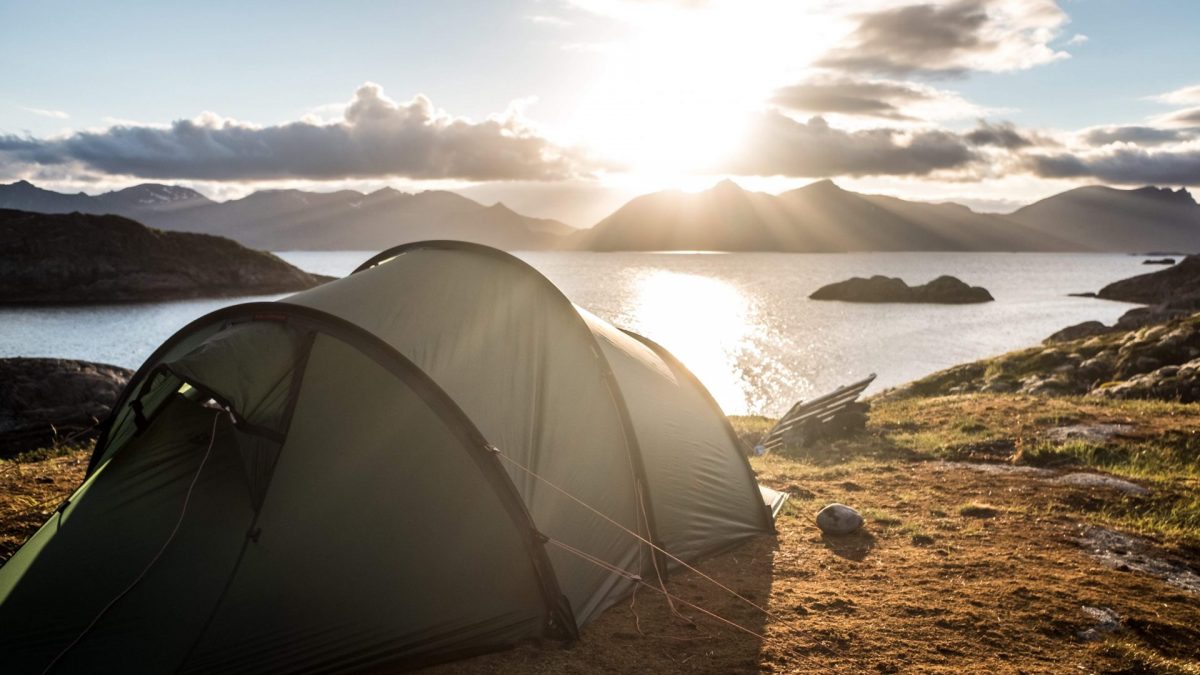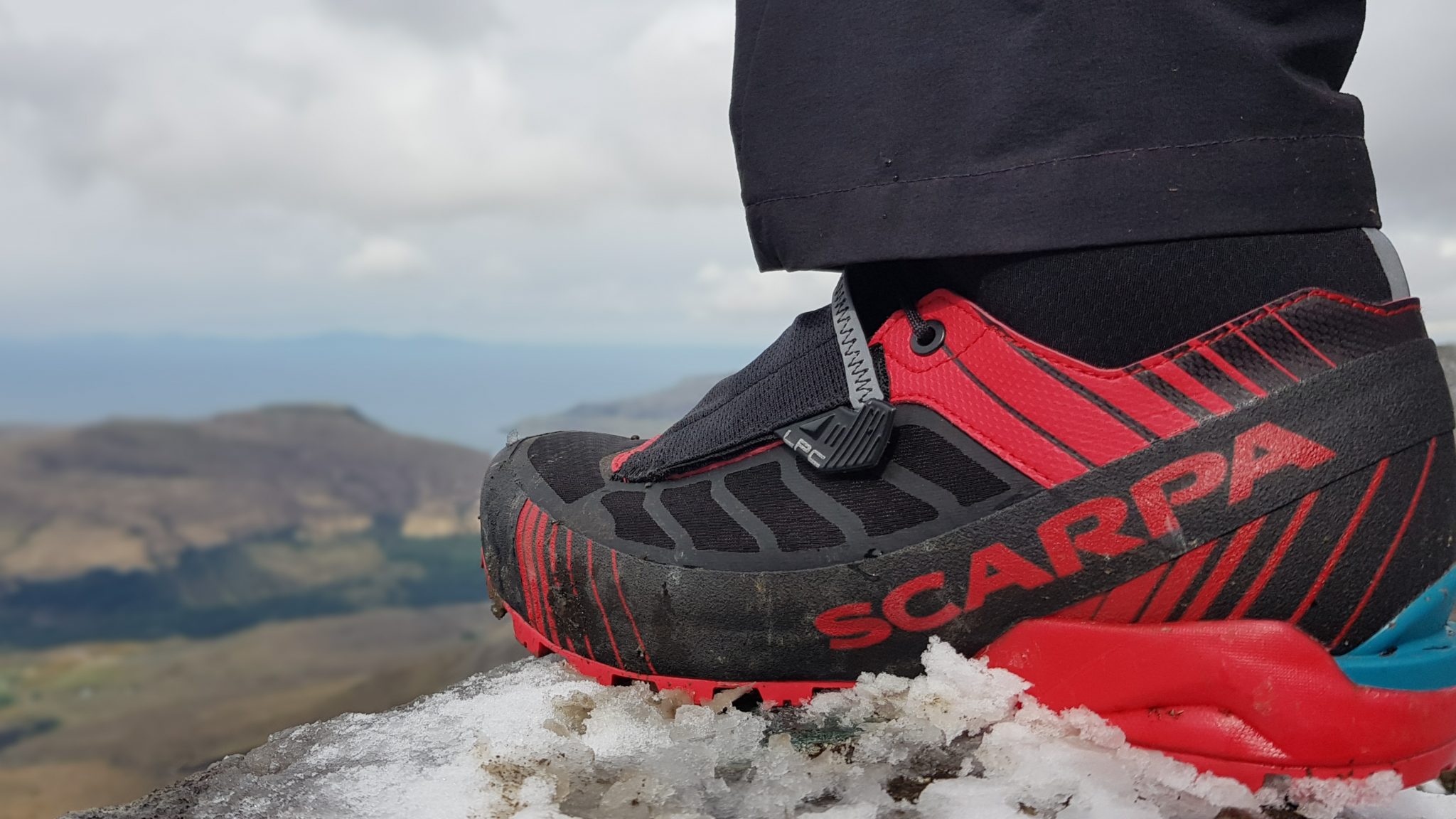
Mountaineering Boots | Buying Guide
24/02/2020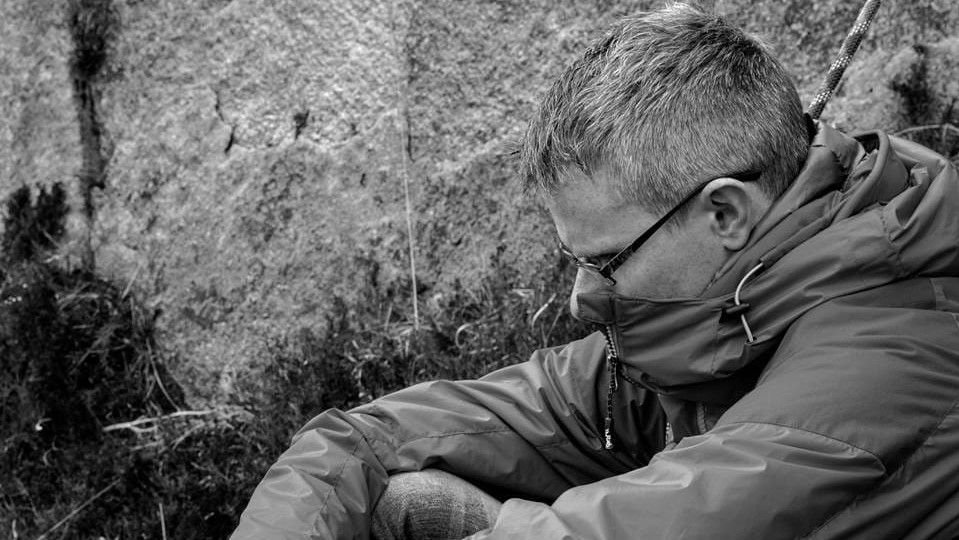
Mental Strength
21/05/2020OUTDOOR ADVENTURE
AUTHOR | SEAN COMISKEY
When you look back through the history of outdoor adventure, you come to understand how adventure has inherited it’s ‘stoic’ persona. Stereotypically, men have undertaken arduous endeavours in the name of king and country, colonisation, and capital gain. Consequently, ‘to adventure’ has evolved as a masculine concept.
To adventure, was to test your physical capabilities and strength of character against the elements of the natural world. Scott, Shackleton, Hillary and Norgay; the poster boys of exploration, have fashioned the characteristics of authentic adventure… risk, adversity and uncertainty of outcome.
The famous advertisement allegedly used by Shackleton in the Times Newspaper in 1913 conveys these characteristics well.
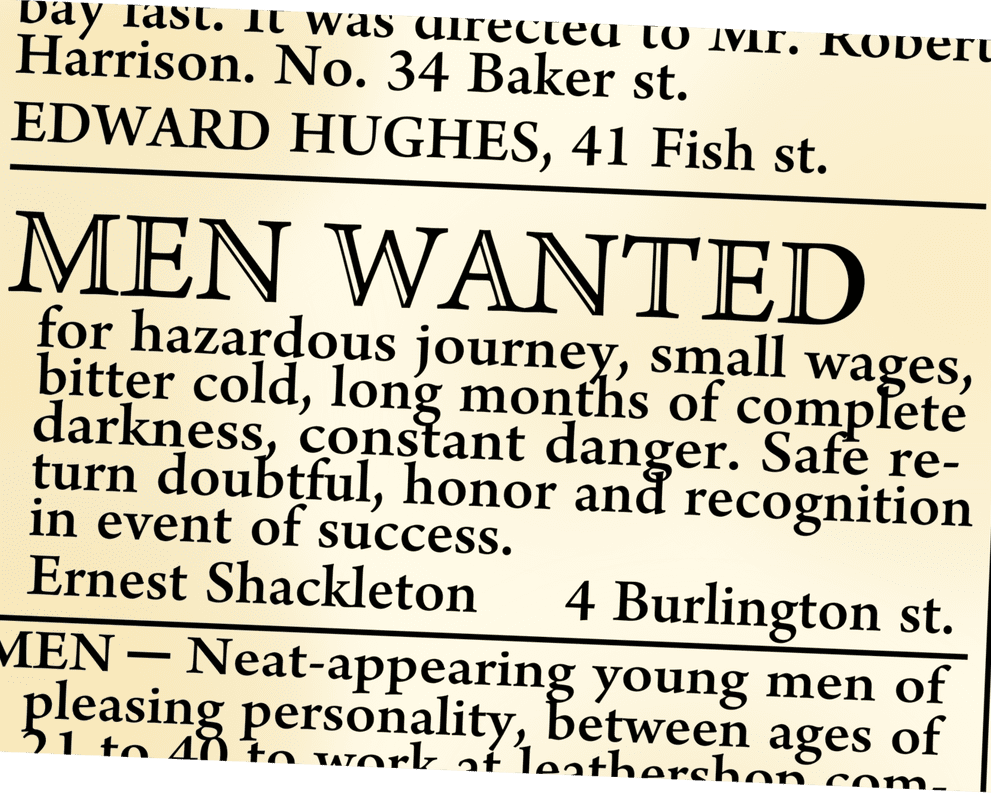
Today, in the 21st century, this ‘persona’ of outdoor adventure is difficult to shake. There continue to be adventurers who prescribe to this challenging style of experience: Sir Ranulph Fiennes, Mark Twight, Dame Ellen MacArthur, Kristen Ulmer, Kílian Jornet, Courtney Dauwalter, Leo Holding, and Alex Honnold are just a few that spring to mind.
Athletes such as these, have consistently held the fascination and admirations of society. In particular, the allure of adventure has reliably attracted the attention of the media, even in days of Scott, Shackleton and Hillary. In recent times, Alex Honnold’s free solo ascent of El Capitan in Yosemite is perhaps one of the most famous adventures of the 21st century. This ‘superhuman’ feat received extraordinary global media attention, making Alex Honnold an overnight household sensation.
So, it begs the question; why do we have this fascination with outdoor adventure, and what entices us to explore physical and mental boundaries in the 21st century? Is the attraction really linked to the risk, uncertainty and adversity synonymous with Scott, Shackleton and Hillary or is there something else that seduces us to adventure?
In 1890, William James wrote: ”just because ships burn coal crossing the Atlantic, does not mean that burning coal is the purpose of crossing the Atlantic”. Could this be true of adventure? Do we, the ‘everyday adventurers’, really expose ourselves to experience risk, adversity and uncertainty or is there more subtle and less daunting reasons for our escapades?
James’ thought-provoking statement was used by Brown & Beames (2017) in a paper they wrote about the evolution of adventure. Their paper, ‘Adventure Redux’, argues that the elements of risk, uncertainty and adversity (in their truest form) have become muted owing to health and safety, technology, equipment, liability, plus the cost and commodification of adventure. They believe these factors are shaving away the elements of risk and uncertainty.
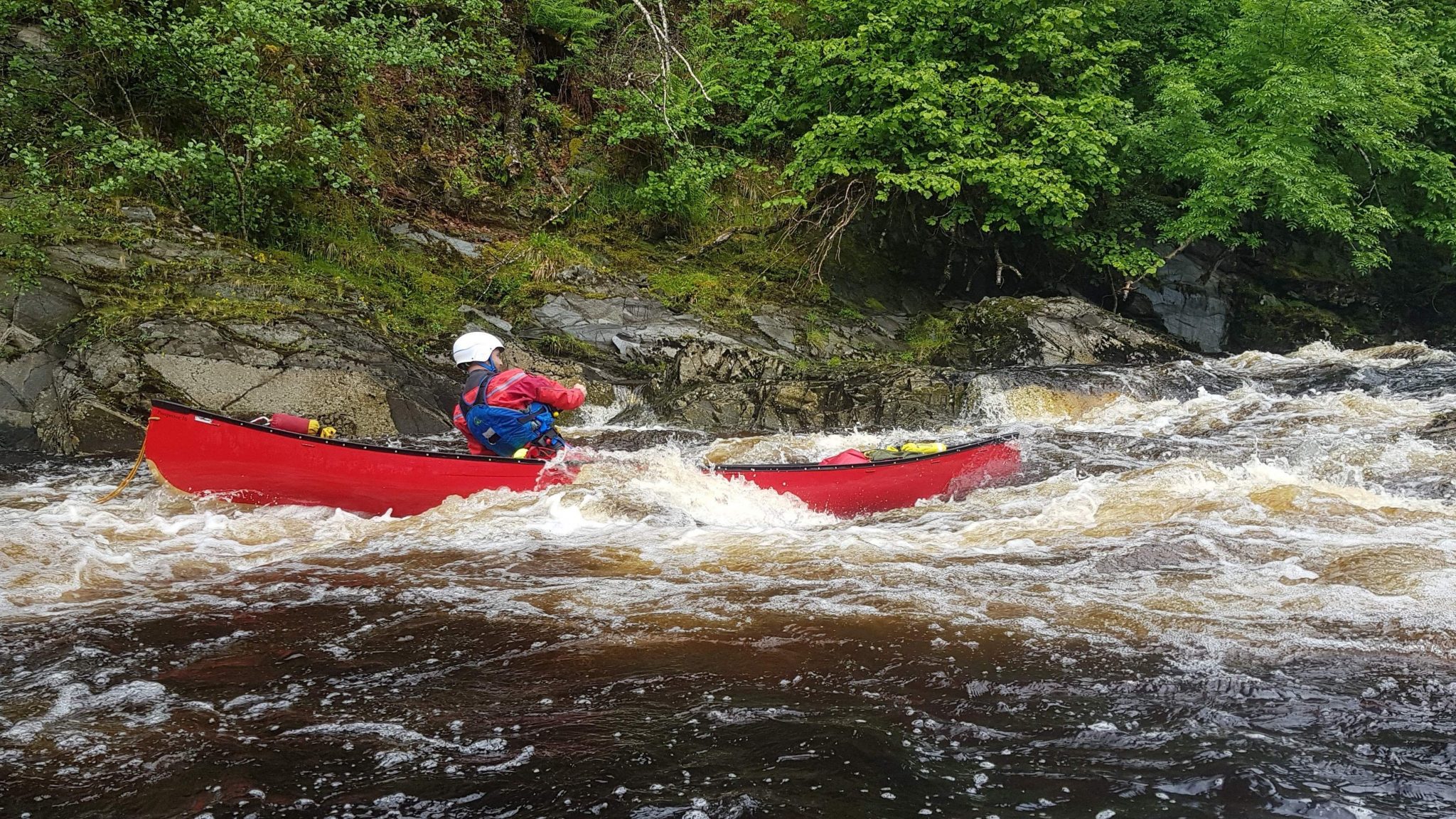
Clearly, there are people who seek out the thrills and spills of adventure and are willing to pay for the experience, but perhaps with minimal risks associated with it. This has led to an increase in the popularity of outdoor adventure tourism. Activity providers around the globe work hard to create memorable and exciting experiences, often in areas of outstanding natural beauty with the primary goal of generating the atmosphere of adventure. But there is one proviso – it must be as safe as possible! Therefore, these adventures must be managed and reasonably predictable. Just like the most experienced and rational explorers actively plan, manage and control their adventures to ensure their personal safety… even Alex Honnold.
Modern life, characterised by constant change, consumerism, social media, terrorism, global pandemics and climate change have made risk, uncertainty, stress and adversity feature in our daily lives. Is it time for outdoor adventure to carve out a new image, one which is softer, less masculine and more holistic in its approach to physical and mental well-being? Perhaps ‘needs’ such as freedom, enlightenment, happiness, safety, relaxation, nature, healing and reflection (rare commodities these days) are becoming higher on people’s list of priorities.
In some ways, I wonder if the pedagogy of adventure is evolving. Is there an opportunity for outdoor experiences to strengthen its relevance for the 21st century by offering a more nurturing pedagogy that is ‘needed’ for the times we live in?
For me, to genuinely appreciate the attraction and meaning of adventure, we should aspire to look beyond the physical aspect of adventuring and look toward the psychological benefit that flows much deeper. I wonder if the goals of being and becoming, fuelled by our emotional, spiritual, social AND physical wellbeing are the real reasons we adventure. Perhaps the risks, challenges and uncertainties of knowing our true selves are the adventure we aspire to every day. As Ralph Waldo Emerson said, “Life is about the journey, not the destination”.
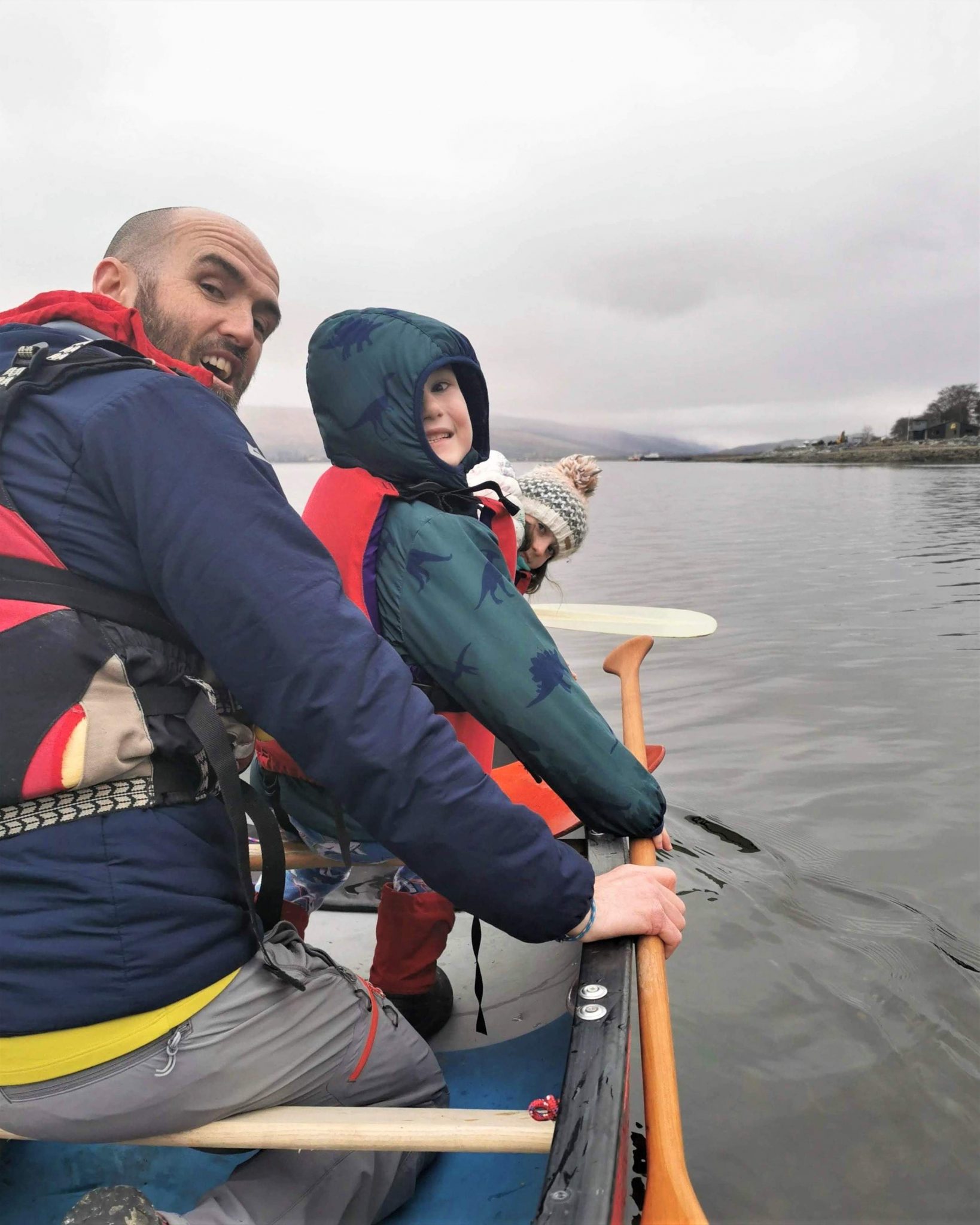
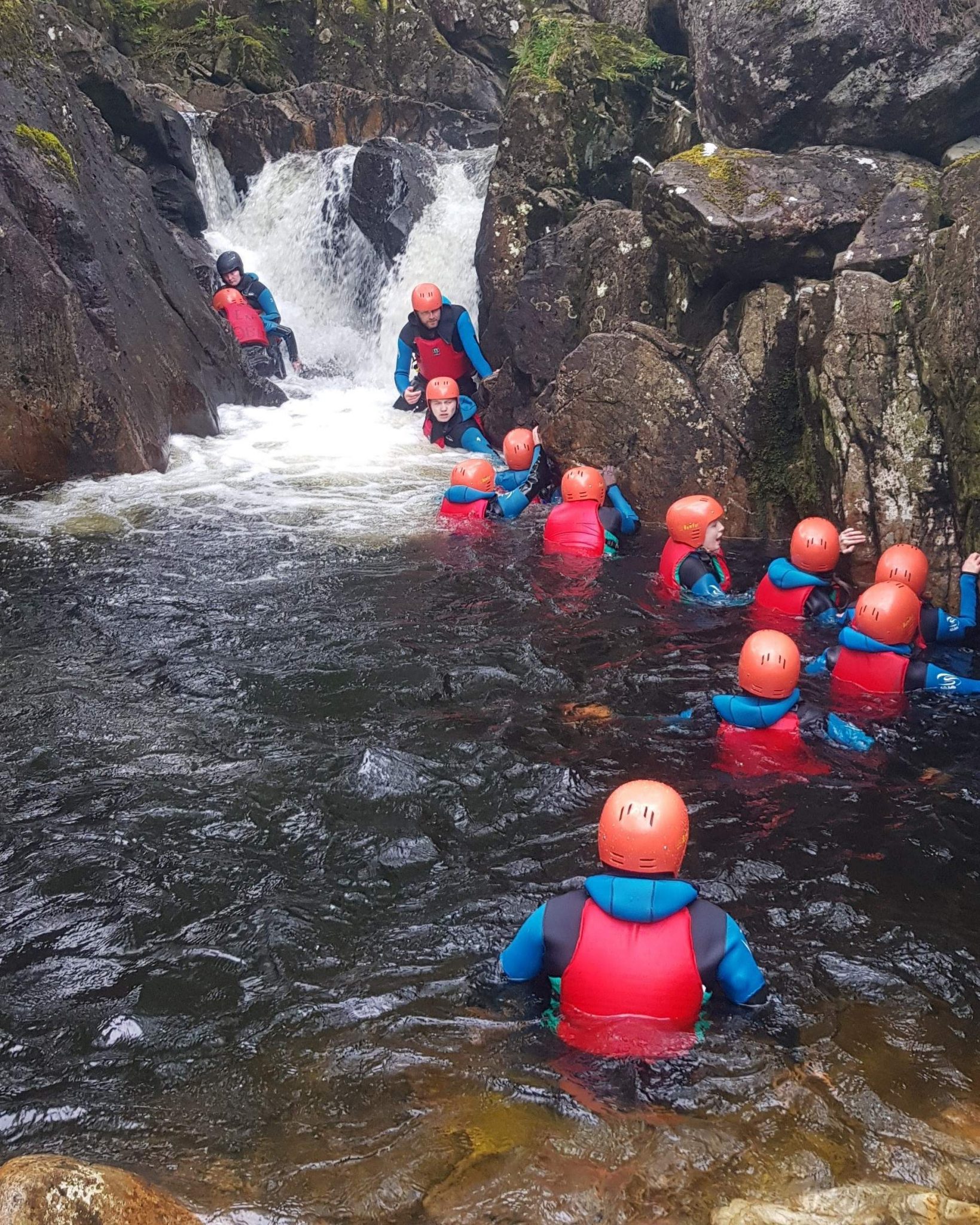
On a personal level, experiencing the outdoors has benefited me on so many levels. It has afforded me physical, emotional, spiritual and social well-being. Outdoor adventure, for me, has become about connections, relationships, well-being and has been the catalyst to connect me to the relationships which matter the most, family, friends, nature and its landscapes. Perhaps most importantly, they allow me to connect with myself. The sights, sounds, smells and energy that I am intuitively drawn toward, gives me a sense of well-being and affords me the opportunity to become a deeper version of myself. Adventure and particularly outdoor experiences get me to a place of being. I feel my energy from being outdoors in nature, whether it be running, biking, canoeing or climbing.
For twenty years, outdoor experiences and adventure have defined my purpose. It has shaped my career, my identity and has led me to where I am today. I have come to understand that I need the atmosphere which is created by heightened awareness and focused attention whilst enjoying the application of my physical capabilities in natural places. The outdoors is the place that brings my values and beliefs to life and where they feel most congruent. I am being me.
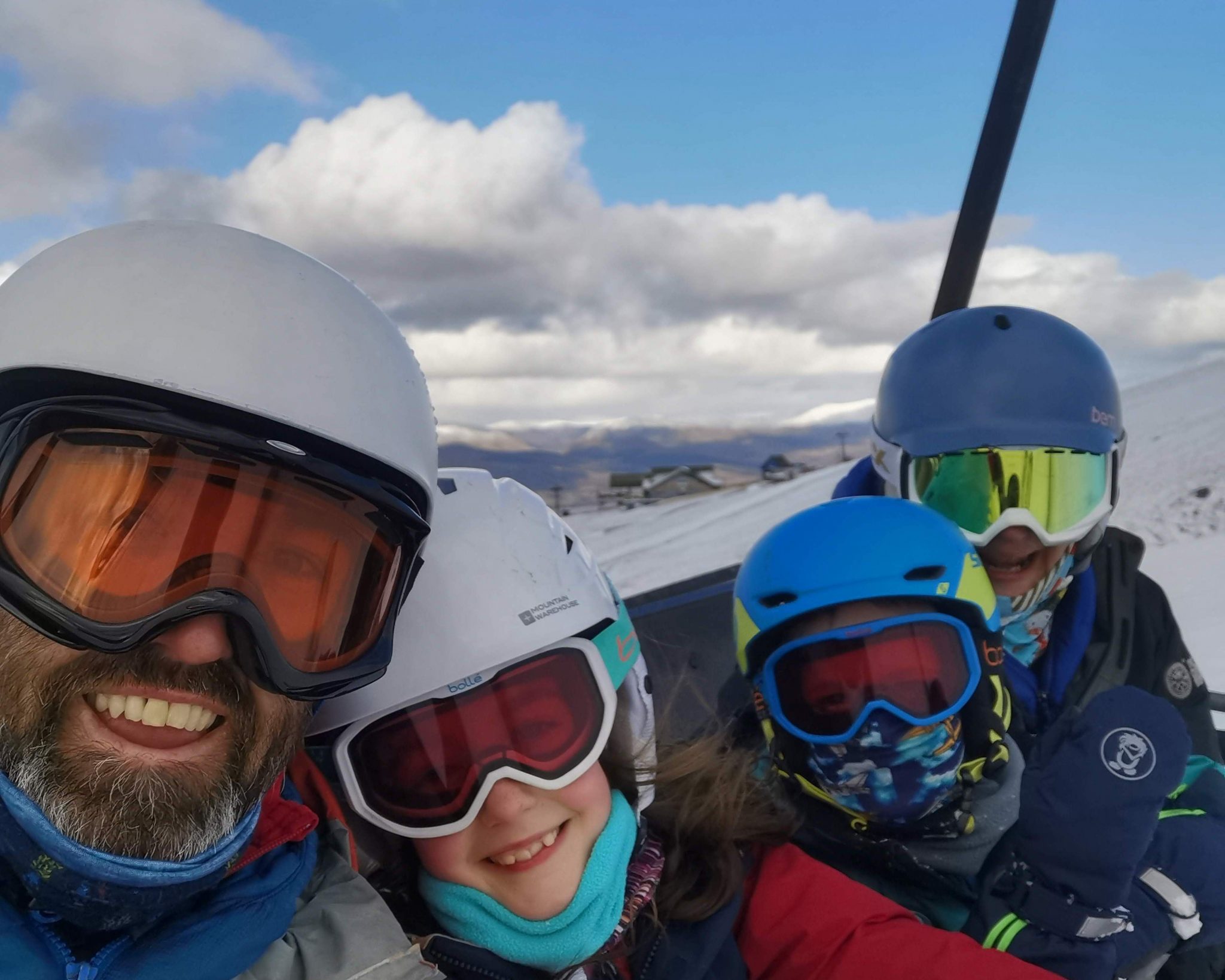
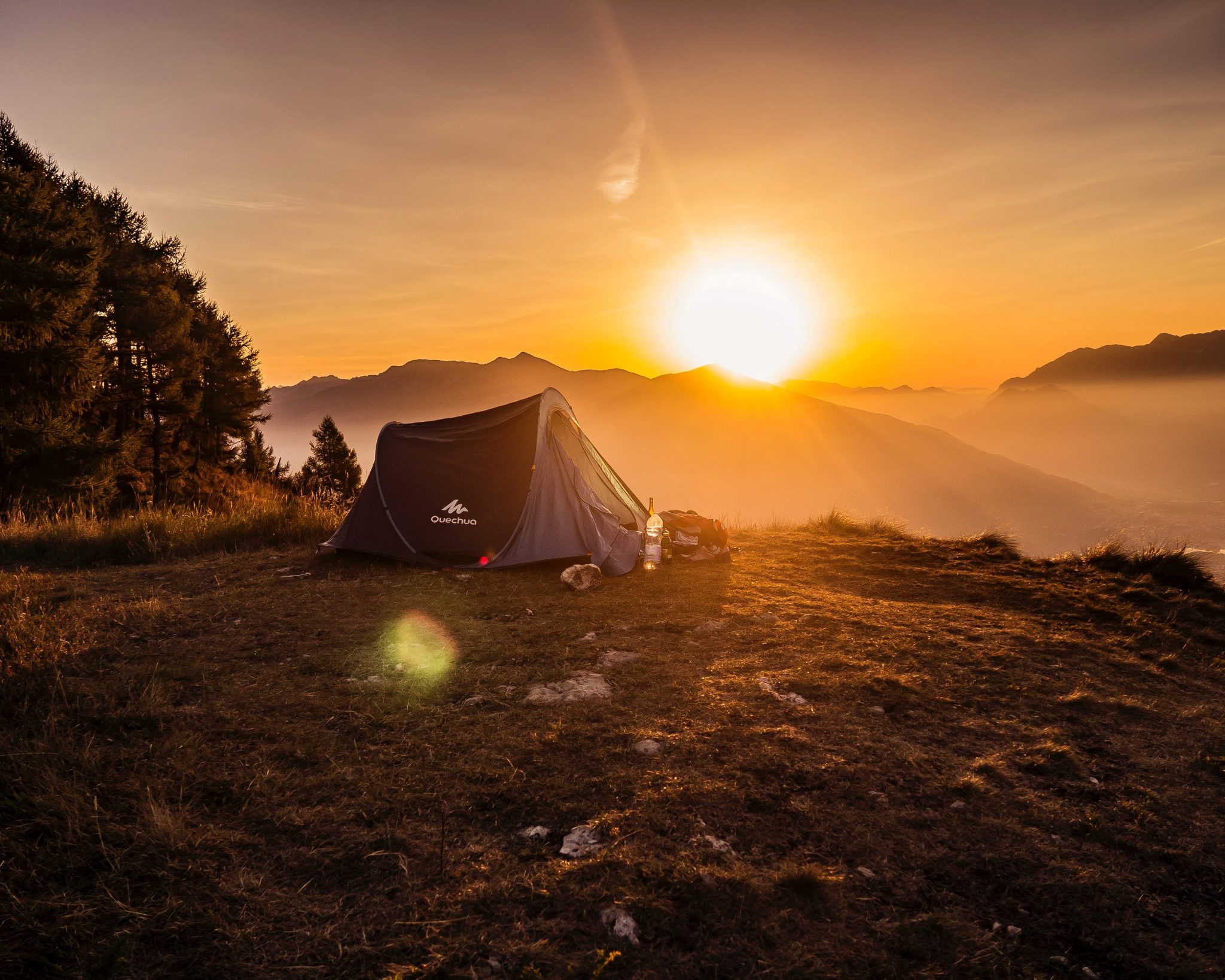
Reference: Brown, M & Beames, S (2017). ‘Adventure education: Redux’, Journal of Adventure Education and Outdoor Learning, vol. 17, no. 4, pp. 294-306. https://doi.org/10.1080/14729679.2016.1246257
Synergy Guides specialise in bespoke mountain adventures and strive to deliver outdoor experiences to a wide variety of participants, be that families or highly experienced climbers.
In the Summer months, we provide guided journeys over the Aonach Eagach, guided ascents of Tower Ridge on Ben Nevis and deliver classic Rock Climbing. Synergy Guides are Skye Cuillin Ridge experts, including guided ascents of the Inaccessible Pinnacle and the Cuillin Ridge Traverse.
During the winter, we provide Winter Climbing & Mountaineering.
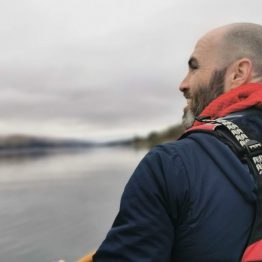
About the author
Sean Comiskey was born and raised in Co. Donegal in a rural part of Inishowen called Urris. He moved to Scotland in 2007 and spent 12 years working for the Outward Bound Trust at Loch Eil, where he progressed to the Learning and Adventure Manager.
Sean and his partner Anna live in Fort William where they continue to adventure with their two children Freya and Oisean.



